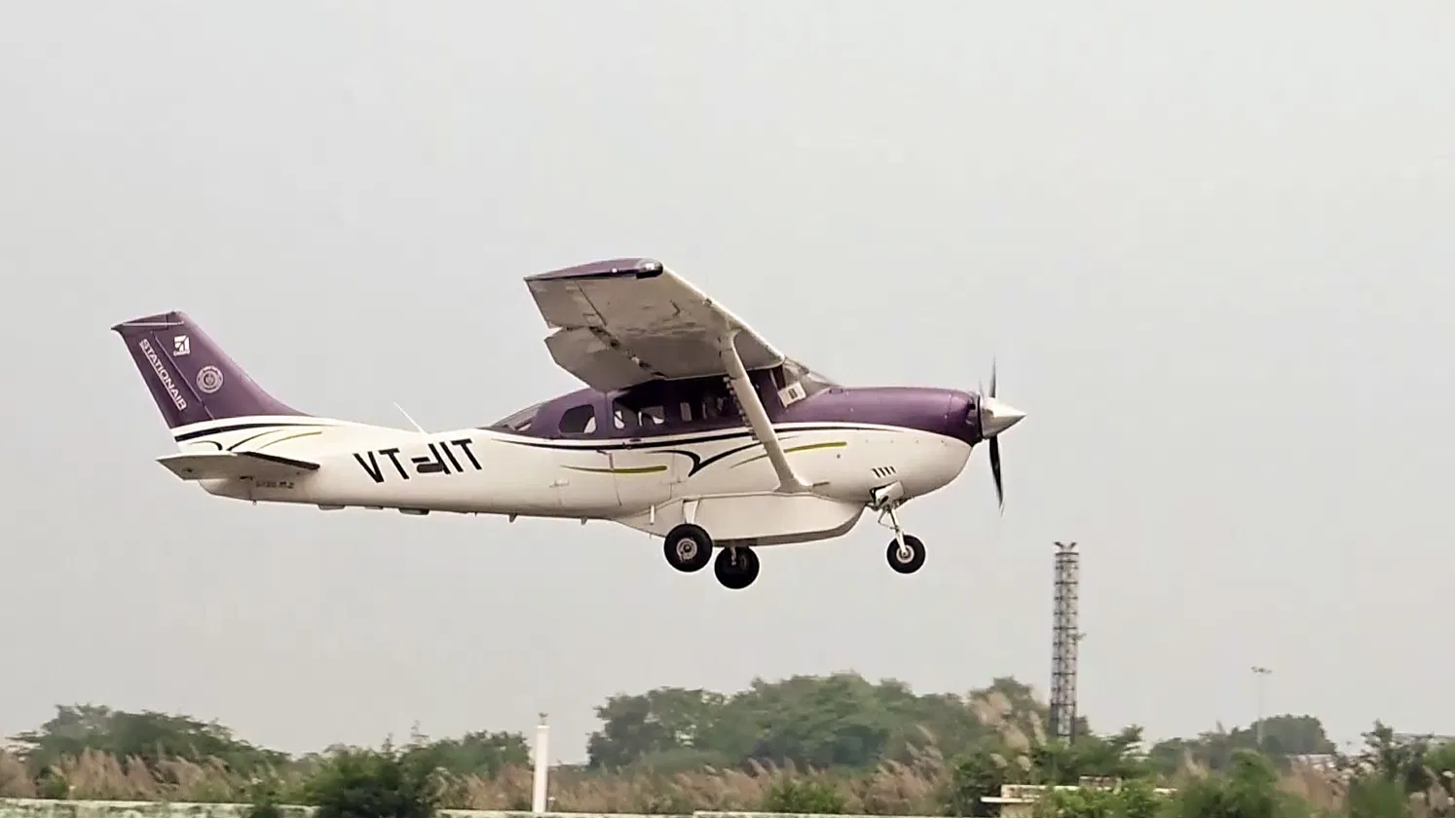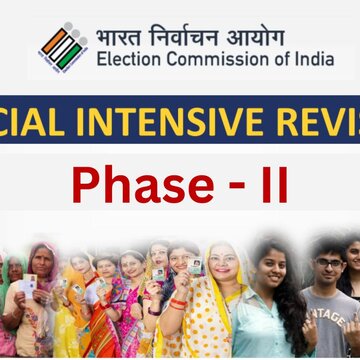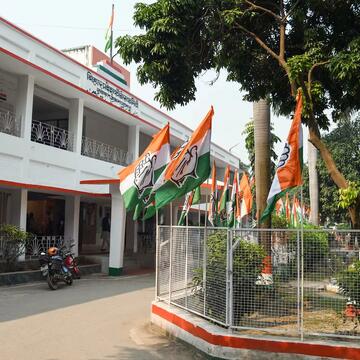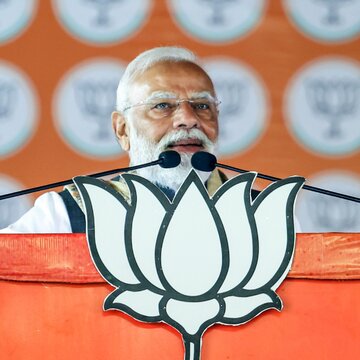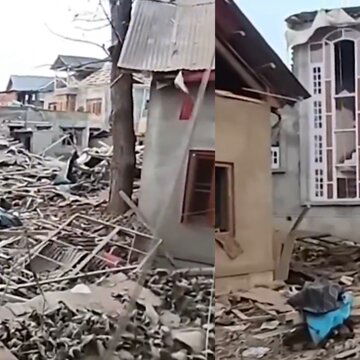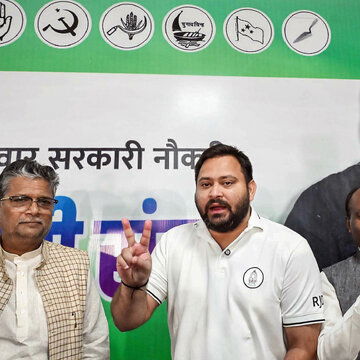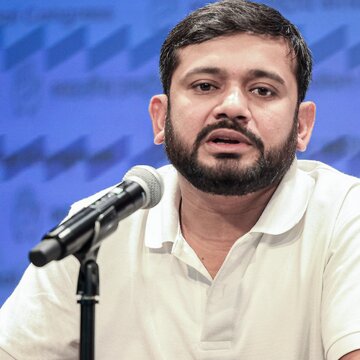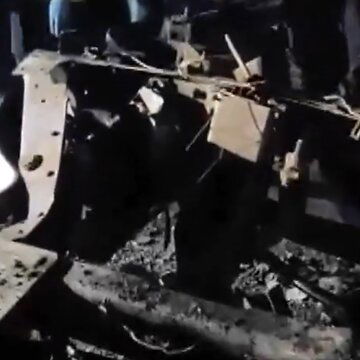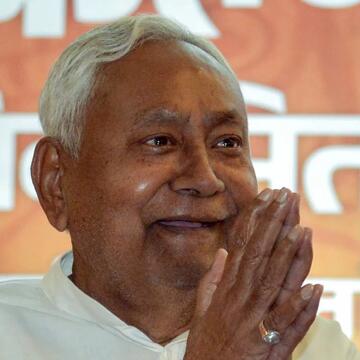Delhi’s ambitious bid to induce artificial rain has hit a pause just a day after its first attempt in nearly five decades. The Delhi government, in collaboration with IIT Kanpur, has postponed the next phase of cloud-seeding operations, citing insufficient atmospheric moisture which is a key factor for triggering rainfall.
According to a report by Livemint, Wednesday’s scheduled trial was called off after scientists confirmed that moisture levels in the targeted clouds remained at just 15–20 percent, far below the required 50–60 percent threshold for successful seeding. “While rainfall could not be triggered yesterday because moisture levels were around 15 to 20 per cent, the trial delivered valuable insights,” IIT Kanpur said in an official statement.
The institute added that several monitoring stations were set up across the city to record real-time changes in particulate matter and humidity during Tuesday’s operations. The data, officials said, will help refine future experiments once atmospheric conditions become favourable.
Also Read: Delhi conducts first cloud seeding trial to fight smog, artificial rain expected soon
Dry skies after two trials
On October 28, a Cessna 206H aircraft carried out two cloud-seeding trials over northwest Delhi, dispersing silver iodide and sodium chloride into the clouds to stimulate rainfall. The flights, part of a ₹3.21-crore project led by the Delhi government and IIT Kanpur, covered areas such as Burari, North Karol Bagh, Mayur Vihar, and Badli were identified as some of the city’s most polluted zones.
While the experiment was deemed “technically successful,” no measurable rainfall was recorded. Officials, however, noted a marginal reduction in particulate matter levels at several monitoring points after the exercise.
Experts urge caution and patience
Meteorologists and environmental experts have cautioned that winter cloud-seeding has limited chances of success. “Cloud seeding should ideally coincide with western disturbances, when the sky hosts mature rain-bearing clouds,” said Dr. Akshay Deoras from the University of Reading. “Without enough moisture, silver iodide can’t trigger meaningful precipitation.”
Also Read: President Droupadi Murmu flies Rafale fighter jet from Ambala airbase
Delhi’s air quality on Wednesday remained in the “poor to very poor” range, with the Air Quality Index (AQI) between 275 and 306 across various stations. Despite cloudy skies, the India Meteorological Department ruled out significant rainfall, forecasting maximum temperatures around 31°C and minimums near 18°C.
Environment Minister Manjinder Singh Sirsa said that further trials will resume “as soon as moisture levels improve.” Around nine to ten such operations are planned through November as part of Delhi’s anti-smog initiative. For now, the capital’s skies remain dry and its hopes for an artificial downpour is suspended, until nature decides to cooperate.


